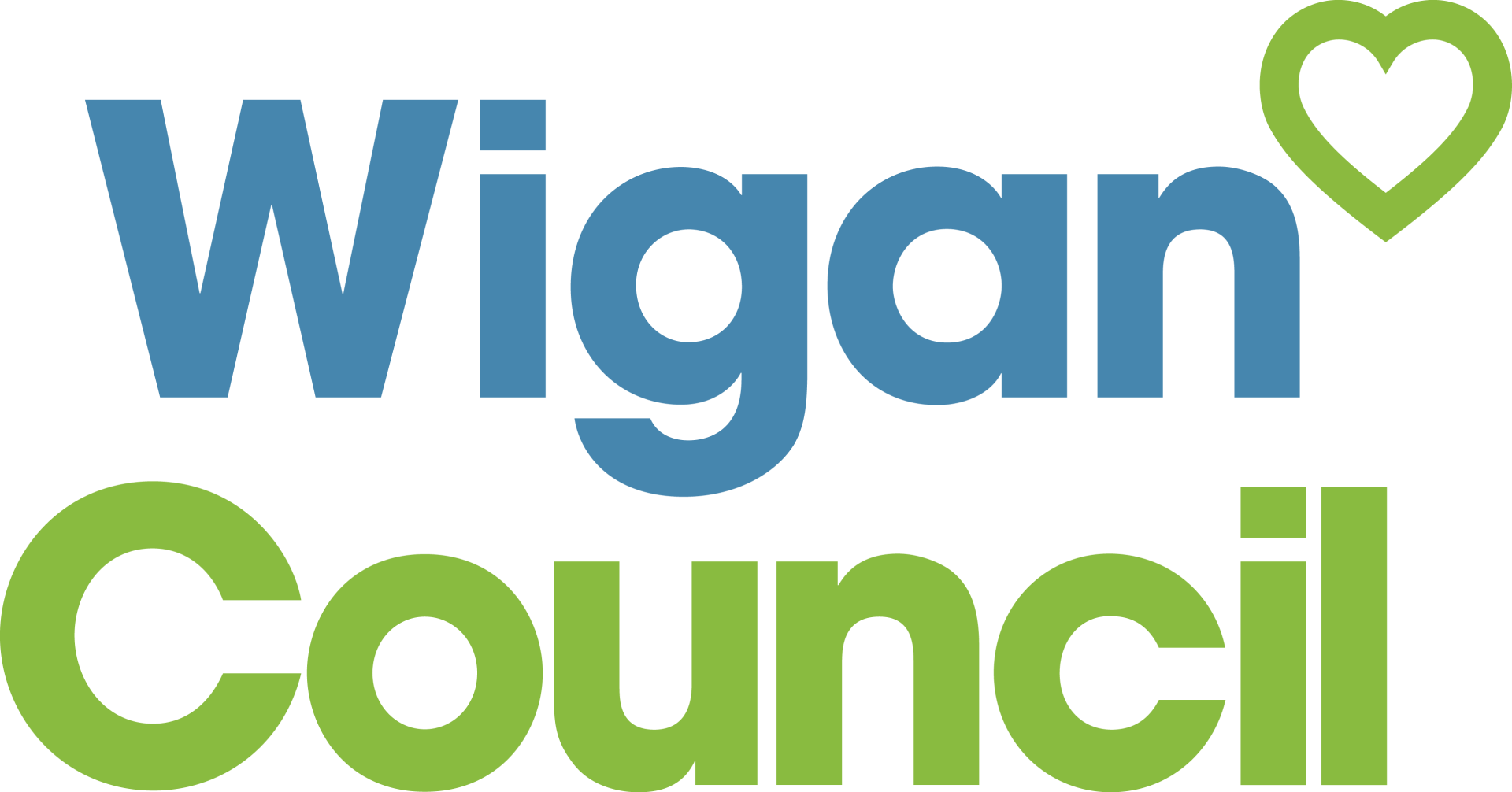
Wigan’s PACE and Trauma responsive journey started in 2019 when funding was awarded to the Safeguarding Partnership, this was used to commission bespoke trauma train-the-trainer for 18 staff from across the children’s and adults’ partnership. This 9-day learning programme resulted in these staff being able to deliver Trauma Informed Practice training.
Since May 2021 the trainers have delivered the programme to over 650 staff. This has been delivered to Schools, Health, Early Help, Children’s Services, Housing, Human Resources, Voluntary and Community Sector, Adult Social Care, Residential Care, GMP and the Senior Management Team at Wigan Council. We have also created our own bespoke training, Trauma and Resilience Level 1 and Level 2. These packages have been aligned with the GM training model and strategic objectives, and this is currently being delivered to staff across the partnership. This training has been widely well received and is delivered regularly to meet increased demand.
Elements of Trauma Informed Practice have also been incorporated into wider safeguarding training packages, which include Level 3 (children and adults), Designated Safeguarding Leads, Whole School, Hoarding Awareness, Modern Slavery and Professional Curiosity and Challenge.
All of those delivering training have been proactive in driving forward the Trauma and Resilience agenda within their areas of work. This includes challenging the culture and the language used when working with our residents and viewing behavioural responses through a trauma lens. This has encouraged senior managers to reflect on how their services are presented to the public and how The Deal is perceived by staff.
At a recent Innovative and Activation Board, the Wigan senior leadership team agreed alongside NHS and Public Health Partners that as a borough, we would adopt Trauma Informed principles and develop a narrative that embeds both these principles and building resilience within The Deal programme.
Wigan Safeguarding Adults Board has an agreed Strategy ‘Building Resilience through Trauma-Informed Practice’. Partners have also started to populate their own organisational Trauma and Resilience action plans. Identified actions include a refresh of the supervision framework for adult social care, and policies and procedures across the partnership are being updated to reflect the Trauma and Resilience approach.
Proposed next steps and actions:
- The implementation plan has been updated to reflect the distance travelled and new and emerging actions have been added and are included in Appendix 2 and include
- Build on the experts by experience work and seek funding to pay for expenses for participants to join strategic decision-making meetings and help co-produce the pathways and implementation plan.
- Develop a prioritisation process for target staff training and undertake Market Development for providers
- Develop/Commission a workplace approach to Trauma to enable systems to change to become Trauma Responsive
- Develop a self-assessment process for Organisations and sectors to check their system readiness for implementation
- Develop locality pots of money to enable system ownership in place
- Implement training across Paediatric Units across GM
- Implement the provision of level 1 & 2 training for Residential staff in Children's Services via web-based learning and group support



